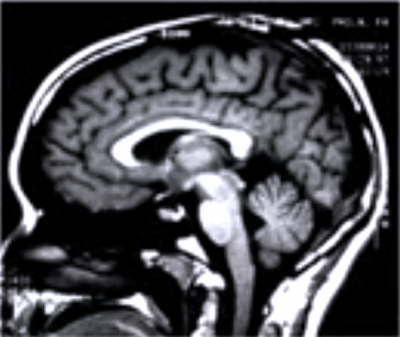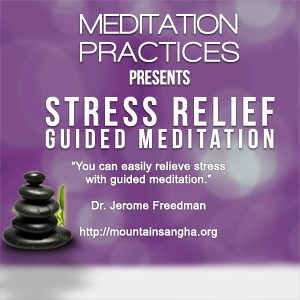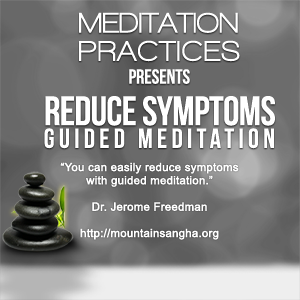Harvard neuroscientist, Sara Lazar, reveals how meditation changes your brain. In a report by the Washington Post, interviewed Sara Lazar and asked her a bunch of questions.
 The first question was, “Why did you start looking at meditation and mindfulness and the brain?” Sara replied the she tried yoga because of a running injury and she found that she was more compassionate, more capable of handling difficult situations, and she felt more open hearted and able to see others’ points of view.
The first question was, “Why did you start looking at meditation and mindfulness and the brain?” Sara replied the she tried yoga because of a running injury and she found that she was more compassionate, more capable of handling difficult situations, and she felt more open hearted and able to see others’ points of view.
When asked, “How did you do the research?” she replied that she had looked at one study of how long-term meditators had an increase in gray matter in various regions of their brains. She also put a group of first-time meditators through an eight week training in Mindfulness-based stress reduction (MBSR), which we’ve seen a lot about in other pages of Meditation Practices.
The results showed a number of things that Sara Lazar reported on. The primary difference with the meditators was the thickening she found in four regions of the brain: the regions involved in mind wandering and self relevance; the regions responsible for learning, cognition, memory and emotional regulation; the regions associated with perspective taking, empathy and compassion; and the regions where a lot of regulatory neurotransmitters are produced.
Also, the flight-or-flight region called the amygdala generally got smaller for the people who had been through the mindfulness-based stress reduction program. These people showed reduced signs of stress.
It turns out that the eight-week program of MBSR was enough to cause these changes. The participants in this program were told to meditate at total of forty minutes a day, but in reality, they practice an average of twenty-seven hours a day.
This is what Sara Lazar wants us to know:
Mindfulness is just like exercise. It’s a form of mental exercise, really. And just as exercise increases health, helps us handle stress better and promotes longevity, meditation purports to confer some of those same benefits.
But, just like exercise, it can’t cure everything. So the idea is, it’s useful as an adjunct therapy. It’s not a standalone. It’s been tried with many, many other disorders, and the results vary tremendously – it impacts some symptoms, but not all. The results are sometimes modest. And it doesn’t work for everybody.
In my experience, the practice of mindfulness meditation has brought me a lot of equanimity about my cancer and helped me make responsible decisions during the past eighteen years of living with cancer.
How does meditation help you?













You must be logged in to post a comment.